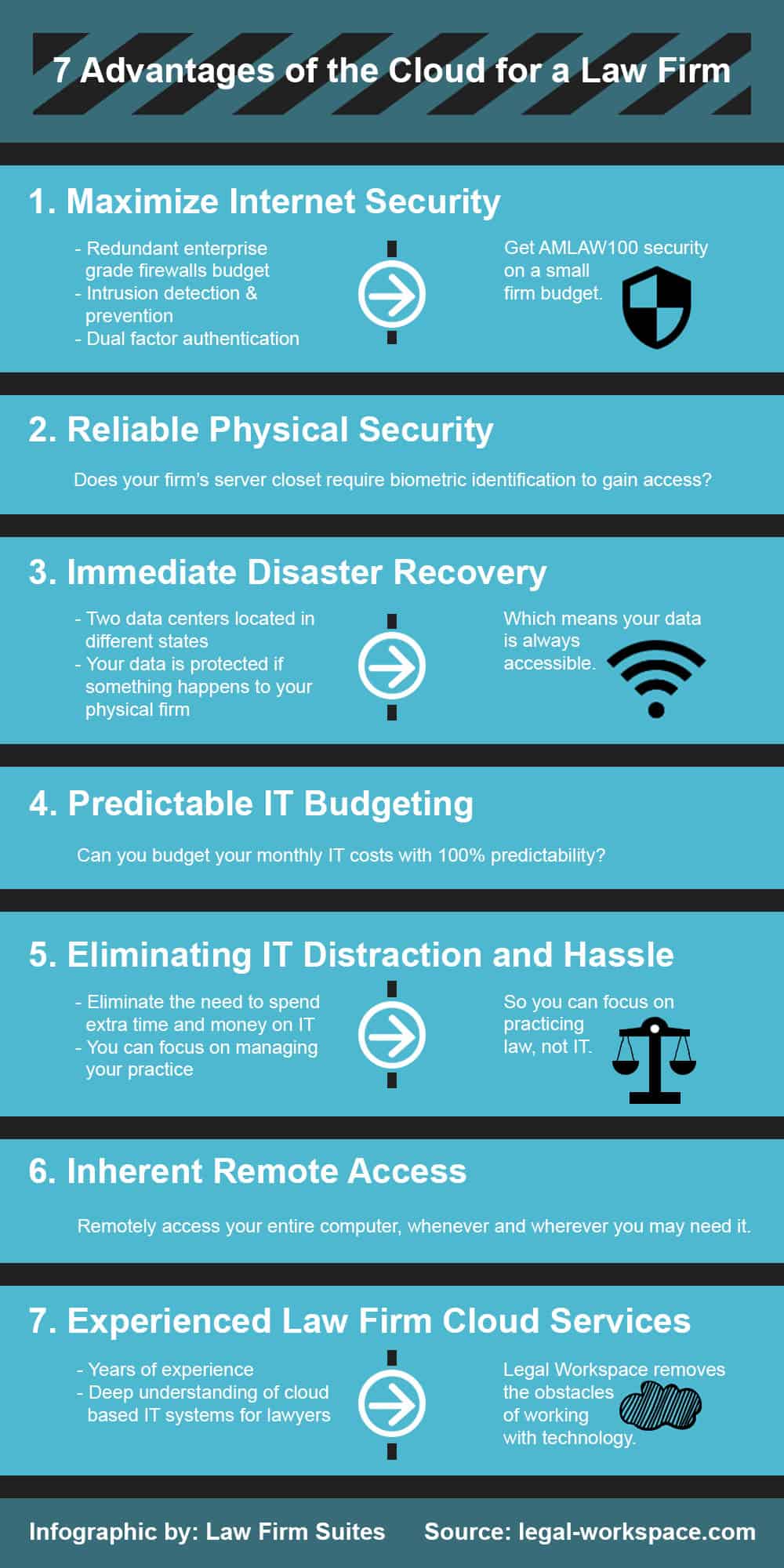Another New Year is upon us! ‘Tis the season for law firms to take stock of the past year’s successes and shortcomings and make goals for the upcoming year.
It used to be that preparing a law firm for a new year mainly meant staying the course and constructing growth goals. While growth is something that most law firms want to happen in 2019, there’s now more that goes into making a robust and agile law firm.
Get up-to-date on technology
If your law firm is still going about the business of law the old-fashioned way, it is going to be left behind. Technology has helped to even the playing field for law firms. Now, with technology’s help, smaller firms can take on more complex clients. And, larger firms can provide more efficient, more accurate service.
Automation and management
With a wide array of legal applications, law firms can streamline management and administration. For example, practice management software, such as Amicus Attorney® or Time Matters®, allows administrators to track and manage schedules and records. Document management software, such as Worldox®, takes organization and productivity a step further.
Time and billing software simplifies the invoicing process, increases accuracy, and frees up valuable attorney time. And, legal document generation automation software, such as Hot Docs® and ProDoc®, prevents attorneys from re-inventing the wheel every time they create a transactional document.
Using this kind of technology releases legal minds from the tyranny of busy work. It also allows management to manage instead of worrying about the little things.
Flexibility and reliability
By now, most law firm management has heard about using the advantages of using a cloud environment. One benefit is that attorneys and employees can access their workspaces from their Smartphones, tablets, laptops – practically any device that can connect to the internet. And, downtime is a thing of the past: Cloud environments like Legal Workspace use top notch technology and talent to provide clients with reliable, seamless service.
And, all of the above mentioned legal applications are compatible with Legal Workspace – which means that you can either do a complete technological overhaul when you make the switch to the cloud, or, you can work with Legal Workspace to integrate your current software with its environment.
Secure your data
Hackers have New Year’s resolutions, too: to work continuously and find new ways to penetrate defenses and steal data. Clients are becoming increasingly aware of the dangers and have higher expectations for data protection. And, of course, large clients and clients in certain industries (such as those associated with medical records) have high security standards (such as HIPAA) that need to be met.
Legal Workspace was created solely for law firms, so security is paramount. The Legal Workspace cloud environment utilizes military-grade security, which means that your clients’ data is much safer than it would be if you were to attempt to build your own secure environment. Not only that, but if a client does have a particular security request, Legal Workspace can adapt its environment to meet its needs.
Prep for disaster
No one likes to think that a natural disaster might occur that could wipe out their law firm’s records. Fire, flood, and tornadoes are just a few examples of challenges that could interrupt business and cause irreparable damage to a law firm.
When you have your data and workspace housed in a cloud environment (and that data is stored redundantly in multiple geographic locations and regularly backed up), that’s it: You’re prepared for disaster. Your data will still be accessible in the cloud no matter what might happen on the ground.
These three ways to prepare your law firm for 2019 can be accomplished easily by making one decision: to move to a cloud environment. Make this year the year that technology and data stop causing challenges in your law firm.








